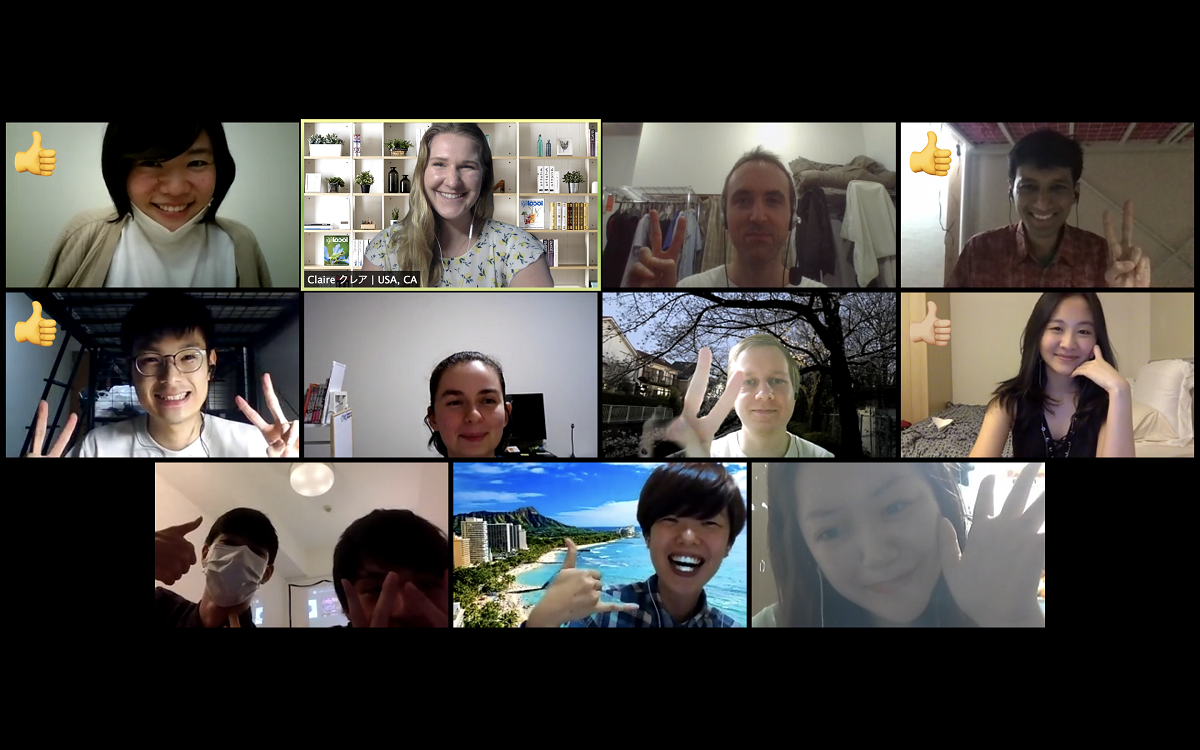A house is much more than just a roof over your head which protects you from the sun or rain. Instead, it is also a sanctuary, a comforting, silent, and safe space and at times also an investment. A house is a place where you stay protected from all the physical, intellectual, and emotional troubles and where you grow independently from the outer world. The facilities that your home offers determine your living standards and your quality of life. Hence, maybe now, you can get an idea regarding how housing decisions are significant and why such decisions should be made with utmost care.
But finding a house in a new space is a tricky process. When you move or shift to a new city or country, housing becomes a bit of a problem. It is so because now you have on your hand, the task of finding a living space, that fits your budget, is situated in a nice locality and which has all the essential facilities and services available. And you have to accomplish this task in a place that is completely foreign to you. So, now you can probably see why some people think of seeking a house in a new country as a daunting task.
However, the good news is that now, with the people and techs changing at a rapid pace, housing issues are getting resolved. Plus, the concepts of renting today have also modified. Unlike earlier, when a tenant was required to rent a whole space for him, today one can rent and share a house with others. Thus, by practicing house sharing one can reduce his expenses while at the same time score some exciting socializing opportunities. So, now if you are interested in knowing more about the share housing system and you want to learn about its socializing and other benefits, then come let’s begin the discussion. Here it goes!
What are share houses?
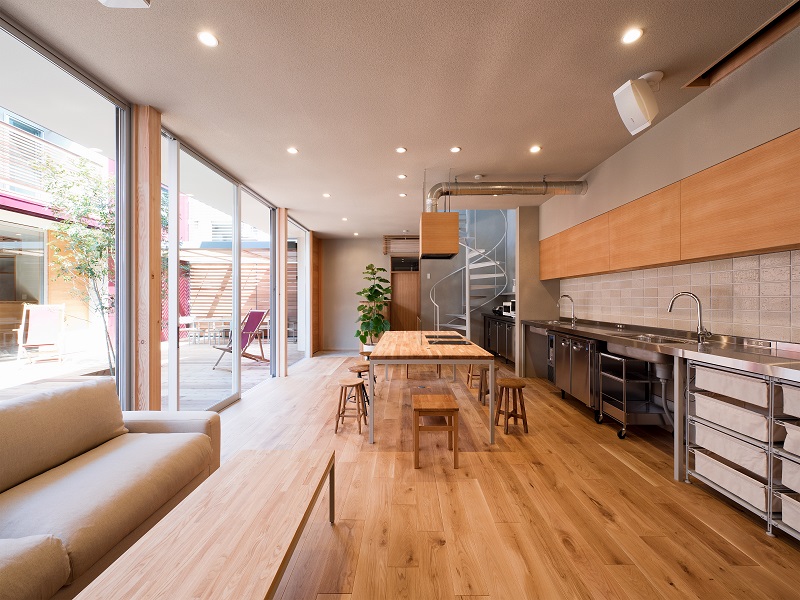
Share houses are an excellent option to find a living space when you have moved into a foreign country. These houses are especially the right option for people who are in abroad for educational purposes and can’t afford to spend much on housing or for people who have come to the foreign landscape on business and won’t be staying there for too long. For both these people, share houses turn out to be a welcome option as some of them are foreigner-friendly renting spaces that both help in saving money and in meeting new and interesting people.
To facilitate easier understanding, one can think of share houses as homes where a group of people live together under the same roof. Now while living in a share house means you cannot decide who you share the space with, still the choice to decide your room is your own. You can opt from a variety of options like a single room, a double room, a room with three or more tenants, or even an apartment styled room where you have an attached toilet and shower. There are tons of available options!
How does share housing offer socializing benefits?
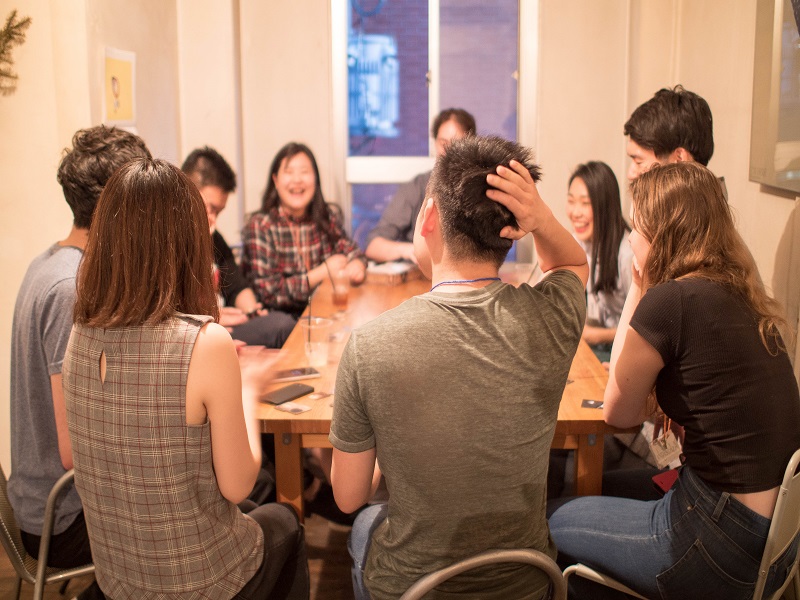
When you move into a new country or a new city one problem that you face is socializing. Even though the world is now a very global space still at some places you may find residents reluctant to bond with the foreigners at least initially. Add to this the issue of a language barrier in case you don’t speak the local language fluently and you can pretty much imagine yourself living in isolation for the first few months. When you are away from your friends and family who act as your support system, this might feel depressing.
But with share houses, this problem gets resolved naturally. This is so because in share houses you can find dozens of people who are in a similar condition as yours. They are there in a foreign land trying to work or study while fighting the feelings of isolation and loneliness. They miss their families and they are eager to make new friends. Now since you are living with them and spending a lot of time together you will discover that befriending such people is actually quite easy! All it takes is to find a common ground and socializing is no more a problem.
However, if you are still not convinced and have some doubts about the socializing benefits of a share house then in our next part all your doubts will fade!
How does share housing help in socializing?
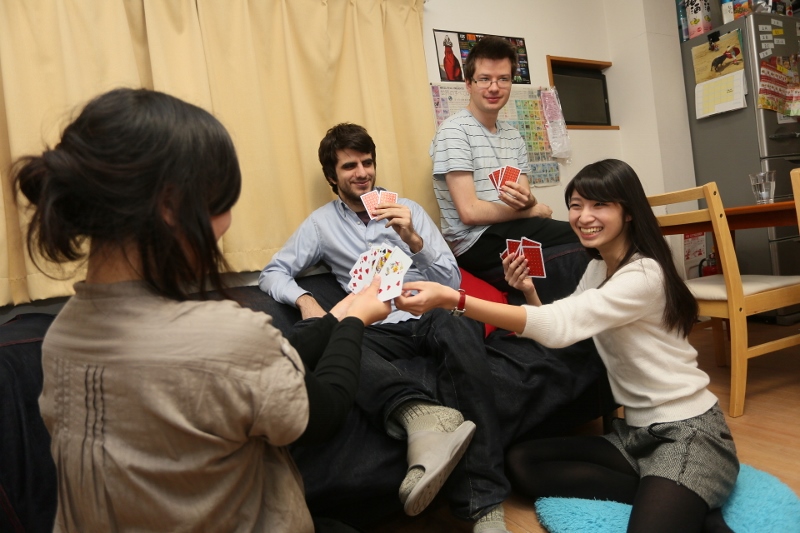
Staying in share housing can make it easier to make friends because …
It houses a large number of people
When you are living in share houses there are so many people around who belong from different cultures and different traditions. Now at the first glance, you may find it as a con, but if you are one of those social people who love to interact with new buddies and who like to learn about different cultures then living at a share house will mean having the time of your life!
This is so because now you will have so many people to learn from about different cuisines, different languages, different traditions and what not! Hence, if you are a social butterfly and you love to gather and hang around then this big space will be a perfect home for you. Plus, if you ever get bored here then all you have to do is to literally just walk out of your room and you will be surrounded by people!
You find mutual hobby friends
Because share houses are big spaces with a bunch of different people living together, hence it is always a possibility that you will come across someone who will share mutual interests with you. You can never imagine who that person might be, which just makes this process of making ‘new’ friends all the more fun!
Also, once you will have your mutual hobby friends at your side, then you will never be alone. This is so because now you will be able to always seek them out to spend some time together in order to chat non-stop about your common interests or to discuss new developments. On the off days, you will even get a chance to practice your hobbies and interests together and to enjoy some relaxing downtime!
Opportunity for international exchange

At some share houses, they offer residence to both the local and international people. This is a great opportunity for the international people as now they get a chance to mingle with the local folk and to learn from them about their language, food, and culture. Can there be anything better than that? I mean you can practically think of this as a ‘culture tuition’ class minus the expensive fee.
Hence, at share houses, you get a chance to enjoy the taste of the local life without any fears. You can now hang around the new places with your brand-new local buddy without being anxious all the time about doing something inadequate or stupid. This experience is just having your own guide-cum-close friend.
Living in student only properties
If you are a student and you are in a foreign landscape to learn then you have the choice to seek the share housing spaces that only offer residence to foreign residents. This will be great for you because living with fellow students will save you from being distracted and from losing sight of your goal. Plus, if you ever need any help with the studies then you would just need to knock on the next door and you will have help. Hence, student share housing properties are a cool way of both studying and living!
Animal lovers and pet-friendly properties
Well, if you love animals but have never gotten around to getting your own pet, maybe because you cannot afford it or because you are afraid of taking over the big responsibility, then living at a pet-friendly share housing property is your chance! Yes, imagine living around all those cute fluffy animals! Aren’t you already tempted?
Plus, living under the same roof with the friendly pet owners is in your favor too, because now you will get to learn about taking care of the pet animals from the experienced people without even paying! It is like getting access to the theoretical and practical lessons of pet caring until you feel ready and confident to get your pet.
Music lovers and properties with music studios
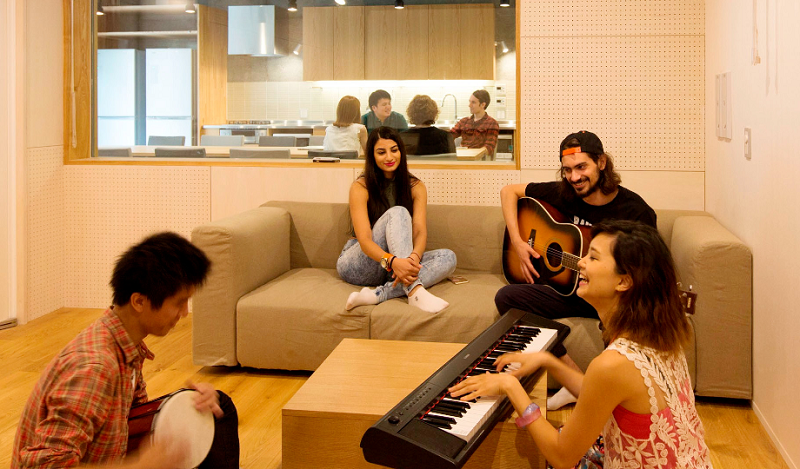
Now if you love music and enjoy humming or singing songs then while searching for share houses you can look for the ones that have music studios of their own. This way you will be able to practice and enhance your music skills. Plus, with all the other music lovers you will always have a chance to learn something new from someone. How awesome is that?!
Conclusion
Thus, from the above discussion, we can conclude that share housing is a great accommodation option if the very idea of living with strangers doesn’t scare you off. Living there you will help you in socializing with new people and in making fast friends. Plus, on the off-side, you will be able to learn so much!




 BORDERLESS HOUSE is now cooperating with a moving company called「Treasure Factory Co.」and we are starting 「Moving & Disposal Service」for the people who will be moving into BORDERLESS HOUSE from anywhere in Japan!
BORDERLESS HOUSE is now cooperating with a moving company called「Treasure Factory Co.」and we are starting 「Moving & Disposal Service」for the people who will be moving into BORDERLESS HOUSE from anywhere in Japan!

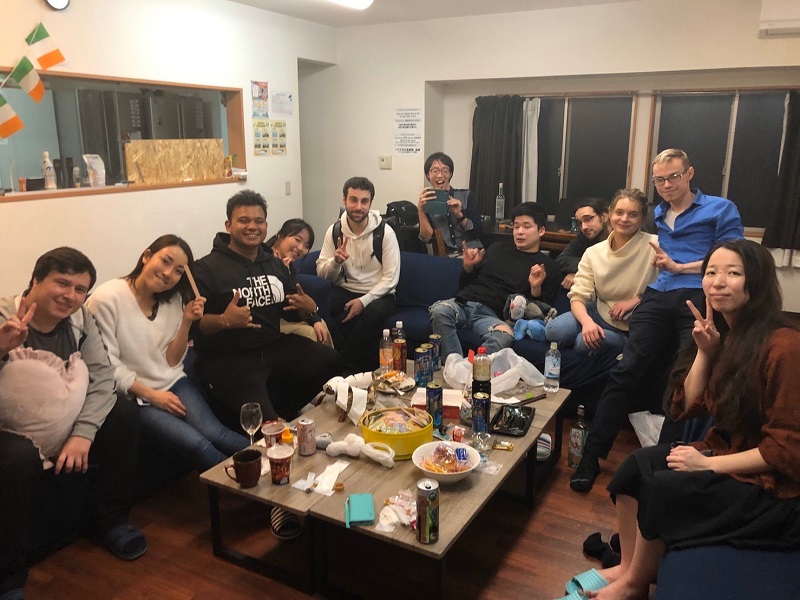
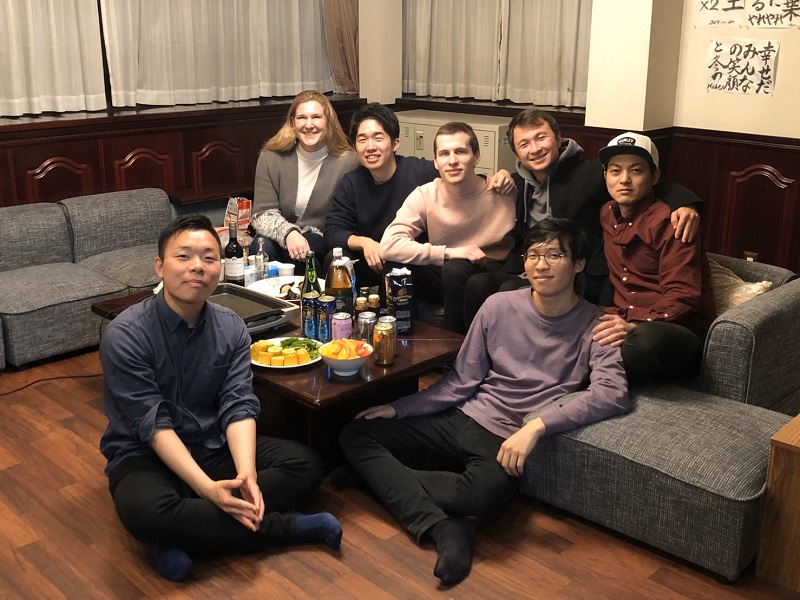

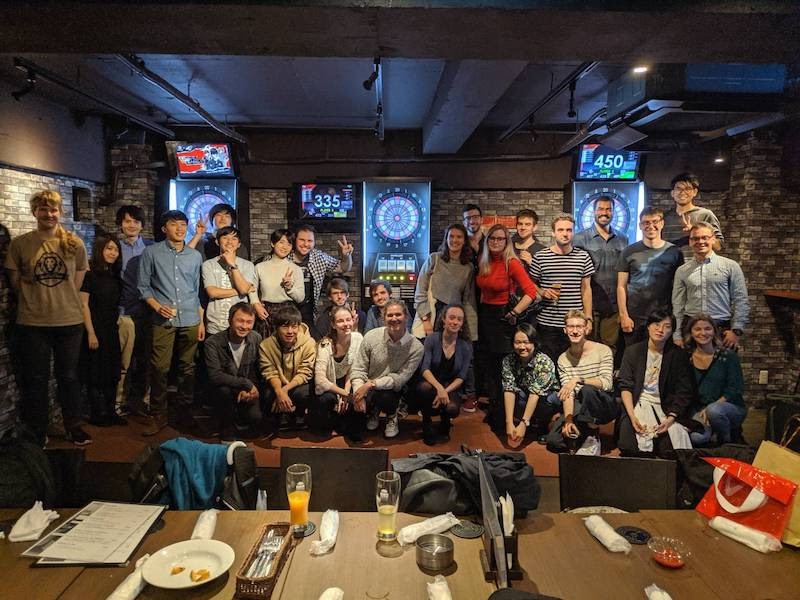







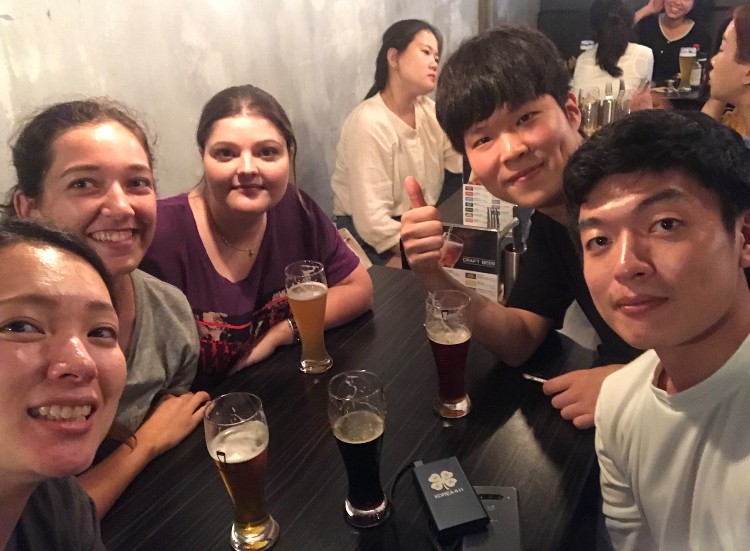

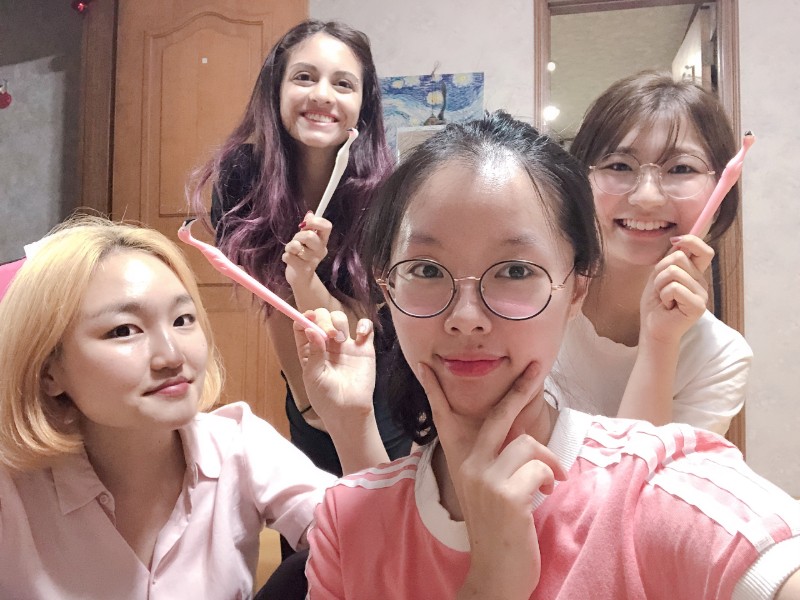
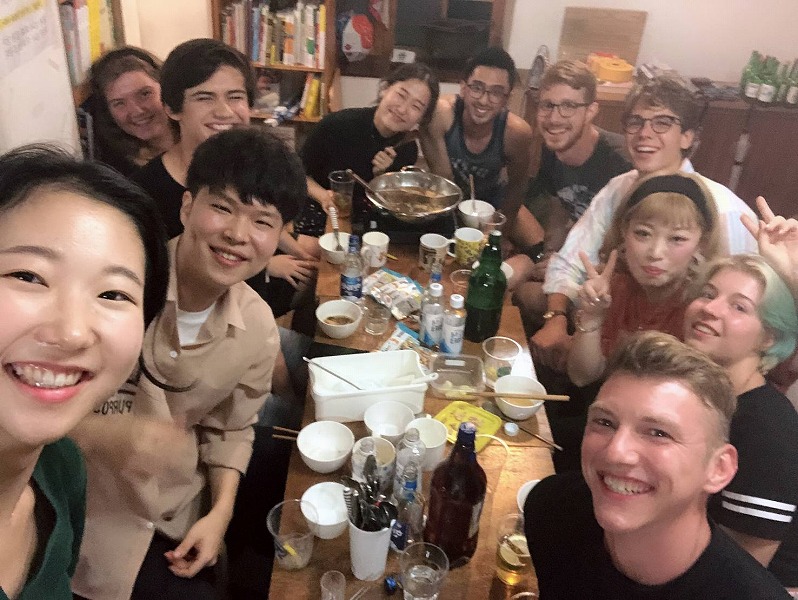


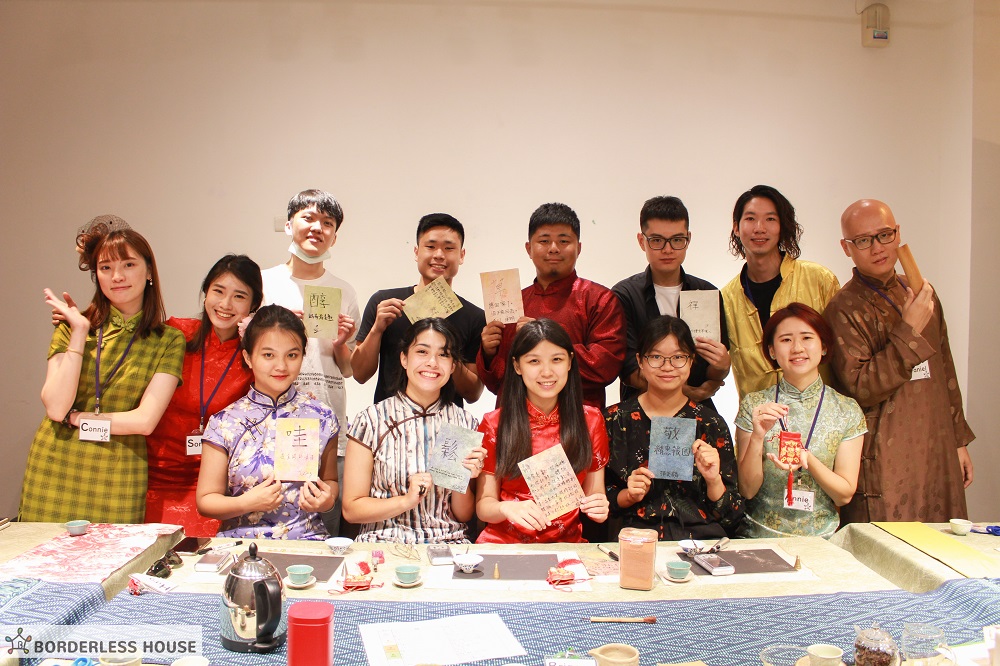
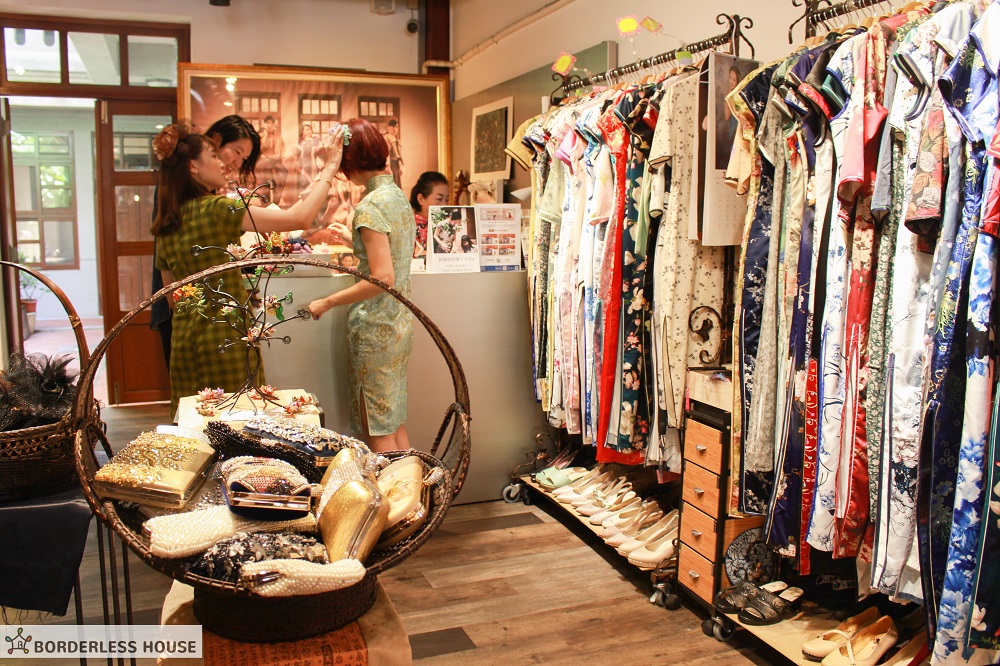
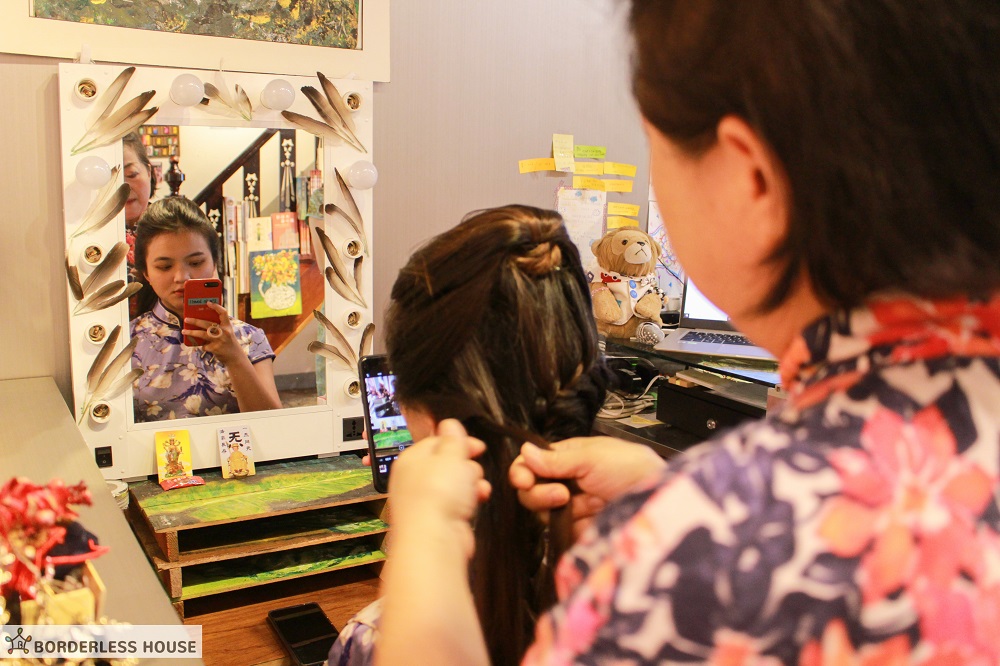
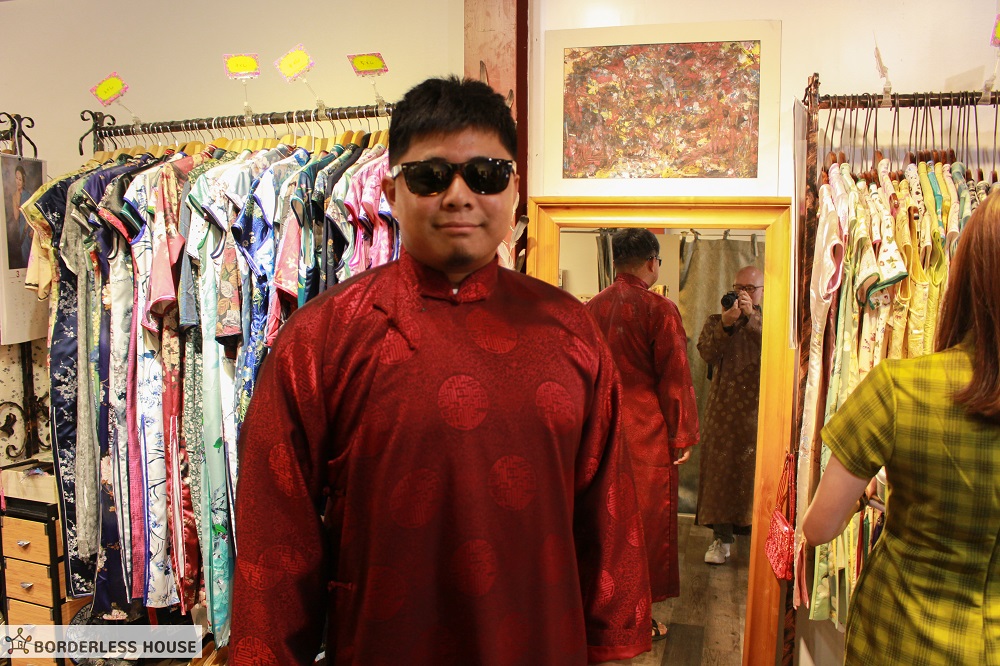
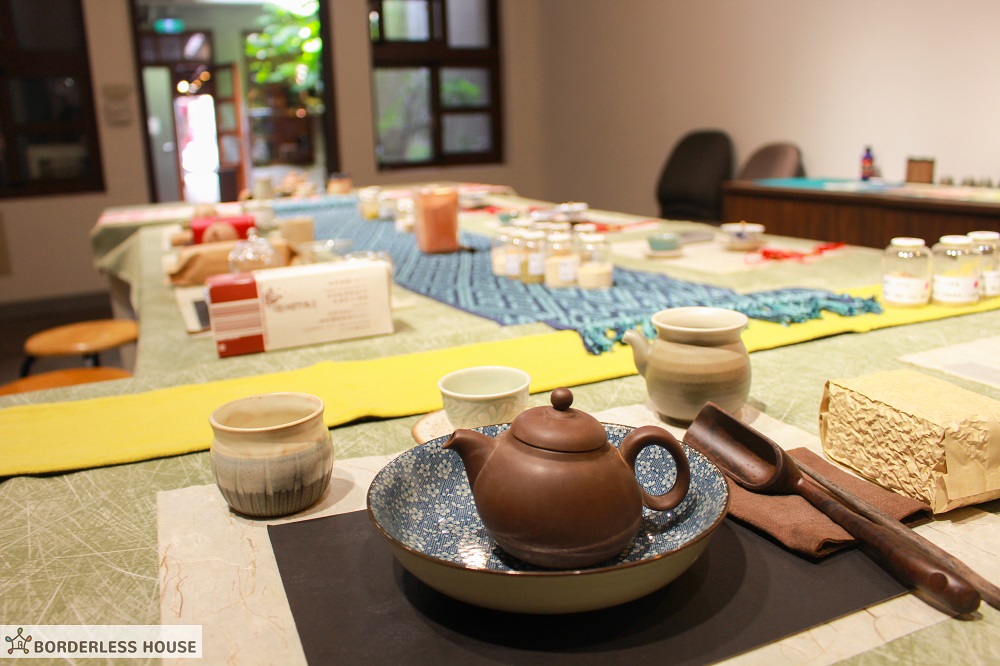
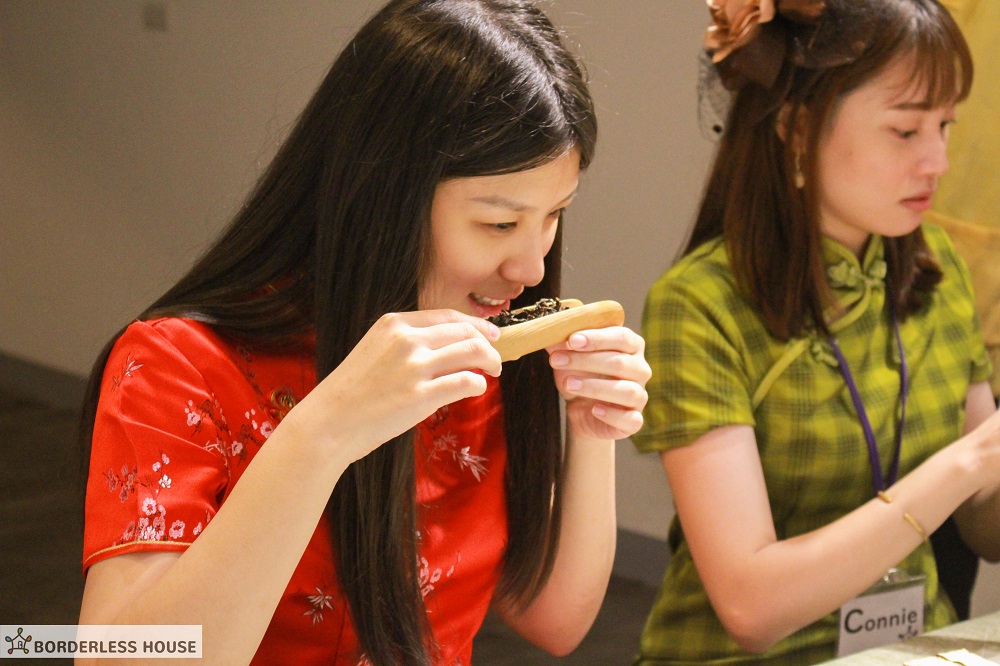


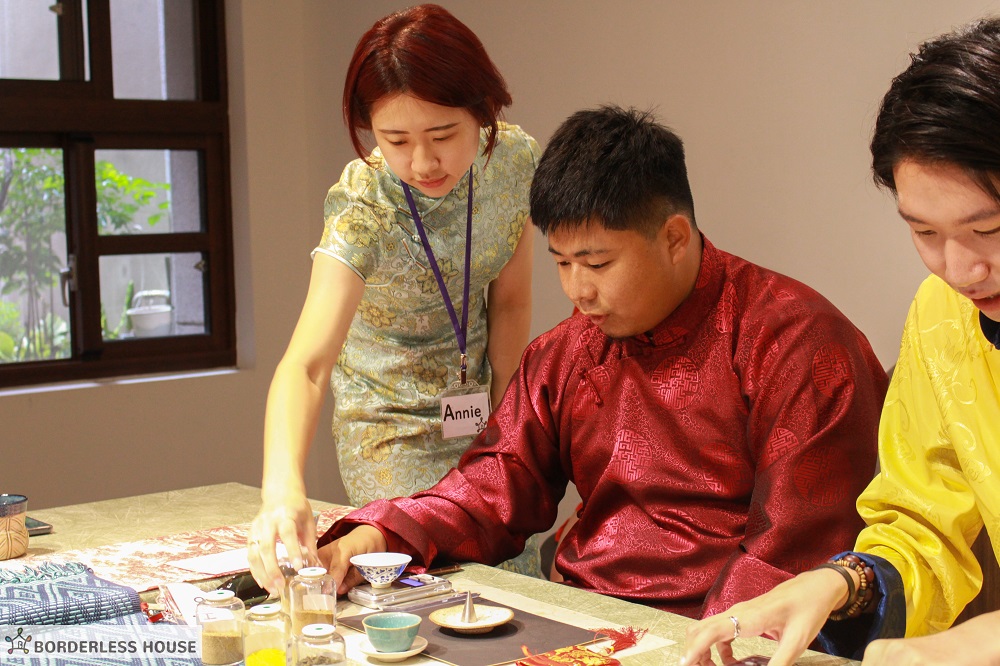
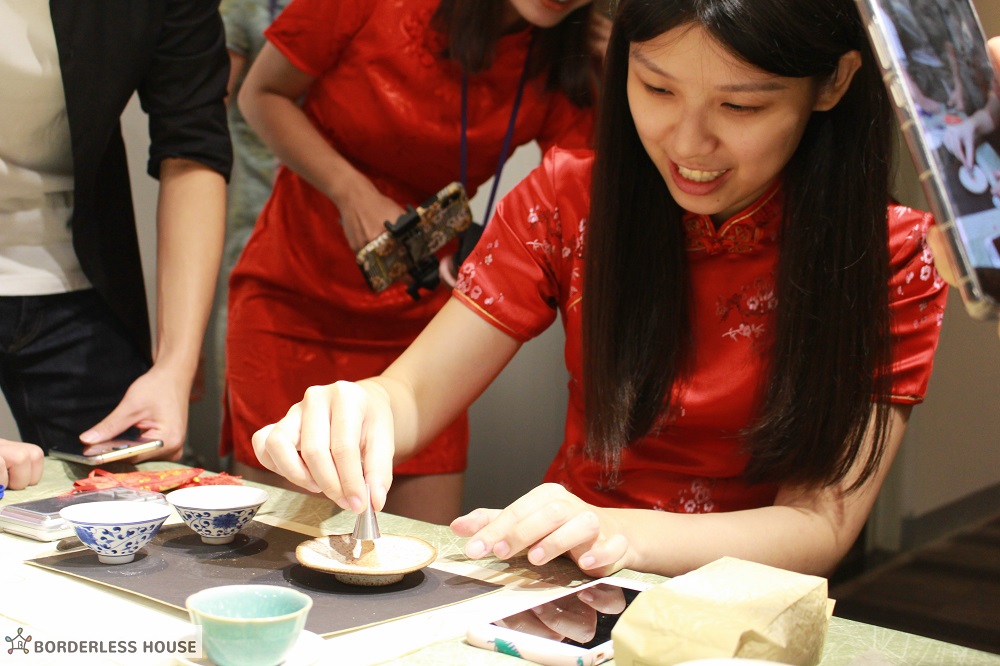

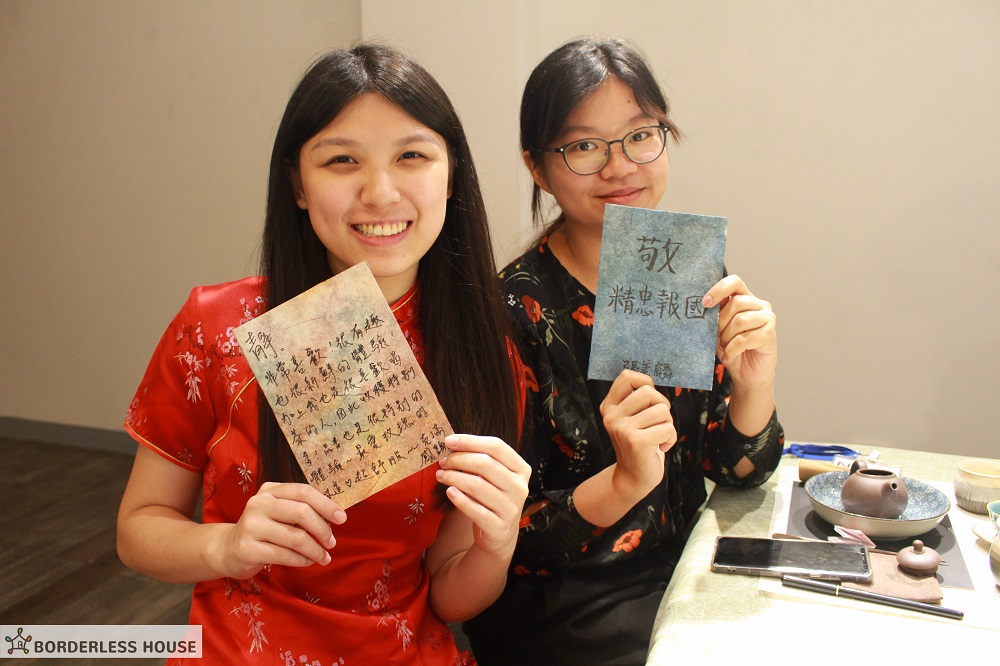







 Language Exchange is an online communication program where people who share common hobbies, target languages,
Language Exchange is an online communication program where people who share common hobbies, target languages,  Our staff will match you with a perfect partner based on the questionnaires. This is a one-on-one conversation through an online chat tool.
Our staff will match you with a perfect partner based on the questionnaires. This is a one-on-one conversation through an online chat tool. – This program looks fun, but I feel nervous about talking with new people
– This program looks fun, but I feel nervous about talking with new people ーWhat made you join this program?
ーWhat made you join this program?
